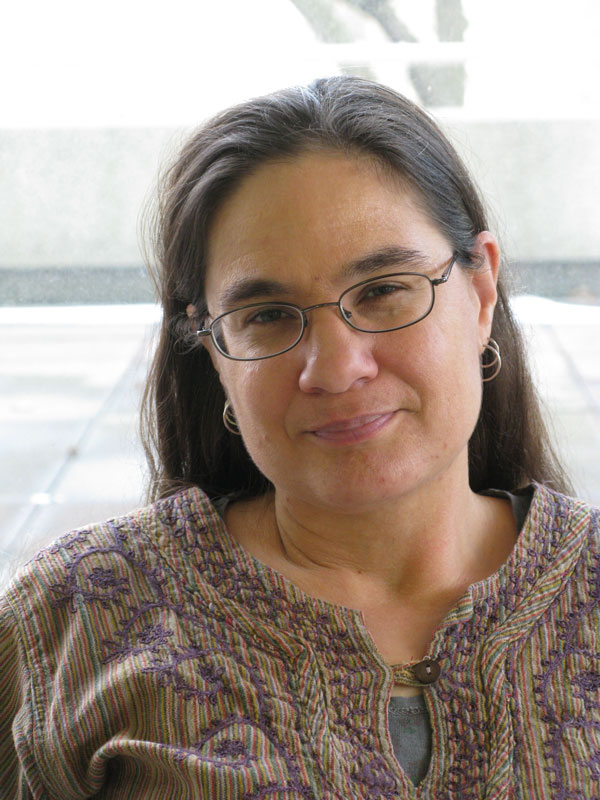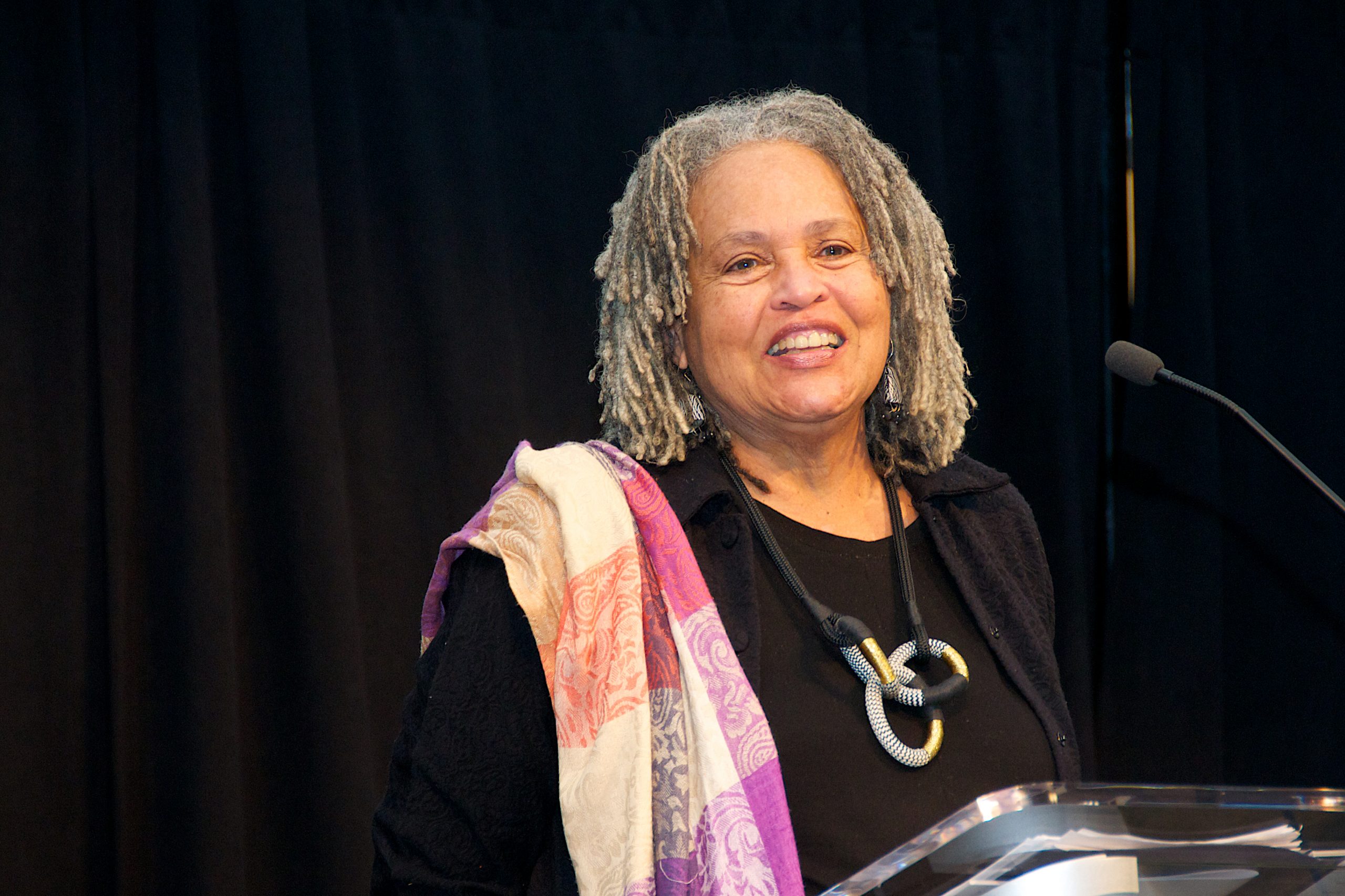by Tara Jefferson with additional reporting by Karen R. Long
“Kent State University, how ya feeling tonight?” actress and LGBT activist Laverne Cox boomed as she took the podium in the university student center. Dressed in a bright green shift dress and black cardigan, Cox thanked an audience that waited hours in line to hear her speak.
With her high-wattage smile and impeccable grooming, Cox is reveling in the spotlight of a breakthrough year. In June, she became the first transgender person to land the cover of Time magazine. A few months later, she broke another barrier: nabbing an Emmy nomination for her role as Sophia Burset on the Netflix comedy ensemble, “Orange is the New Black.”
In November, Cox will accept a woman-of-the year award from Glamour Magazine, alongside U.N. Ambassador Samantha Power and actress Mindy Kaling. Her standard talk, “Ain’t I A Woman?” takes its title from abolitionist Sojourner Truth’s speech at the 1851 Ohio Women’s Rights Convention. Cox delivered it again the following night to a boisterous, sold-out audience at Case Western Reserve University, where President Barbara Snyder introduced her. “What a coup for Case Western Reserve,” said Synder, surveying the crowd. “And what a tribute to Laverne Cox.”
And as advertised, Cox’s declaration of womanhood was forceful: “I stand before you a proud African-American transgender woman. I’m an artist, an actress, a sister, a daughter. I am not just one thing. And neither are you.” Once beaten to the ground by junior high kids, Cox has been catcalled and kicked as an adult on the streets of New York. “Hurt people hurt people,” she observed, urging members of marginalized groups not to turn against each other.
Speaking without notes, Cox provided a sober context to her own ascendancy: 78 percent of transgender students experience harassment at school. Seventy-two percent of all anti-LGBTQ homicide victims are people of color. Forty-one percent of transgender individuals attempt suicide at one point in their lives – as young Laverne did in sixth grade.
Born in Mobile, Ala., to a single mother seven minutes before her twin brother, Cox remembers taunts stretching back to her preschool days: sissy and “the f word.” Her mother’s response to the bullying was curt: “What are you doing to make them treat you like that?”
As a grade schooler, Cox begged her working-class mother for dance classes. She finally agreed, with one condition: No ballet classes. “My mother thought it was too ‘gay,'” Cox said with a shrug. “Maybe it was the tights.” Nevertheless, weekly tap and jazz class was transformational. Finding a passion can be life-saving, she noted.
When Cox went on a third-grade field trip to Six Flags, she bought a decorative, hand-held fan at the gift shop, eager to imitate Scarlett O’Hara. This caused a teacher to phone Cox’s mother with a warning: “Your son is going to end up in on the street in New Orleans wearing a dress if you don’t get him into therapy.” Cox’s mother did take her to see a therapist, who asked if the child knew the difference between boys and girls. “There is no difference,” Cox answered firmly.
As a boarding student at the Alabama School of Fine Arts in Birmingham, Ala., four hours from her hometown, Cox began to experiment with her appearance, taking weekend trips to thrift stores. She altered the outfits into “Salvation Armani” and wore them with pride, a recollection she accompanied with a saucy flip of her hair.
After two years on scholarship at Indiana University, Cox transferred to Marymount Manhattan College and arrived joyfully in New York. The club scene in the early 1990s gave Cox a community. “I didn’t equate ‘transgender’ with being successful,” she said. “But when I met [these women], all my misconceptions melted away.”
Spooked when strangers would heckle her as a “maaaaaaan” in the street, Cox moved from experiencing this as a failure to a revelation.. “I realized — if someone can tell that I’m trans, that’s okay. That’s beautiful. I accept who I am and that’s something I have to work on every single day.”
In November, Cox wrapped season three of “Orange is the New Black.” She kept mum on the details, except to say that her forthcoming storyline is “freaking juicy.”



